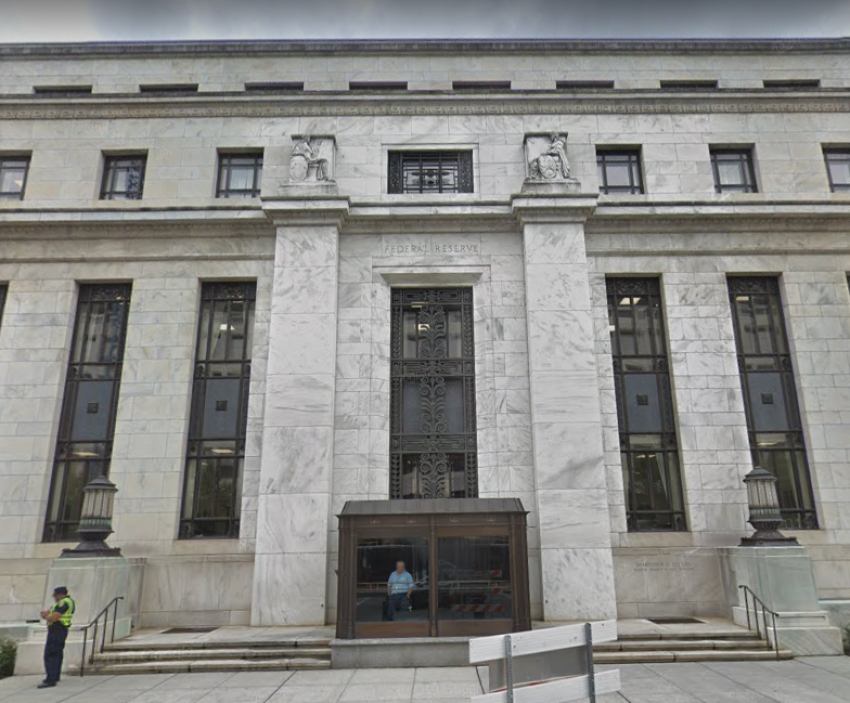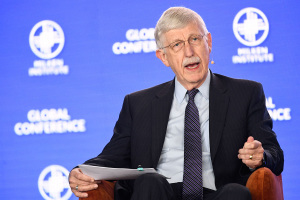Why fiat money is evil

Fiat money is a cesspool of theft, cronyism and corruption. It’s the escalator of wars, the source of wealth inequality and the reason why seemingly everything today is politicized. Fiat money is an institution of evil on par with Joffrey from Game of Thrones.
I didn’t always think this way. It wasn’t until 2008 that I started learning how fiat money, or our current system of central banking worked. I remember sitting there shocked as my stock portfolio nose dived along with the rest of the market. What was going on? The news spoke of the subprime mortgage crisis and financial derivatives called credit default swaps. But the real shocker was still to come. Henry Paulson from the treasury asked Congress for $800B to bail out the banks. This number seems quaint now, but back in 2008, this was a crazy number. Remember the scene from Austin Powers when Dr. Evil demands $1M and they all laugh at him? Then he says $100B and they stop laughing? That’s what hearing $800B in 2008 was like. It seemed like an impossible number.
$800B doesn’t seem that big since we’re talking about trillion dollar deficits in 2022, so let’s put that number in context. In 1959, the M2 money supply, a measure of all money in existence, was $289B. $800B is almost triple that amount! The M2 money supply in 2008 was $8T, so they needed 10% of the entire USD supply in order to stabilize these banks. The question I had at that time was "where did this $800B come from?" The US government didn’t tax us to get that $800B. They certainly didn’t borrow it from another country. So where did it come from?
To answer this question we need to go back to banking basics.
We’re taught the basics of banking in school and it goes something like this. Alice deposits $100 into the bank and the bank pays her 3% interest on her money. Bob borrows $100 from the bank and pays 7% interest for the privilege. The difference of 4% is the bank’s profit. Even a bank with a lot of money deposited, say $100M would only make $4M/year and that would have to pay for the buildings, ATMs, vaults, computer systems and lots of employees from the tellers, the loan officers, security guards, IT sysadmins and for some reason, many, many vice presidents. The numbers just don’t add up. So how do they make money? Banks make money by creating money. In Latin, this would be fiat pecunia or “let there be money," hence the term fiat.
The amount of money a bank can create is limited by something called the reserve ratio. To keep things simple, let’s say that a bank has a reserve ratio of 10. What does that mean? When a bank receives $100 in deposits from Alice, the bank now can lend out money. A reserve ratio of 1 means the bank can only lend out $100. In our example, the bank has a reserve ratio of 10, so the bank can lend out 10 times as much, or $1000 in loans to Bob. The $1000 lent to Bob generates $70 in interest for the bank and they pay Alice $3 for her 3% interest, so the net profit on the $100 deposit is $67! To put this in perspective, most banks nowadays have much higher reserve ratios than 10. This system of banks creating money is called fractional reserve lending and it’s every bit as unfair as it sounds.
The way loans work is not money lent out from savings, but money created to be lent. For example, if you want $500k for a mortgage at 3% over 30 years, this money is not coming from someone’s savings. Think about it. Would you ever take the other side of that trade? If someone came up to you and said, “That $500k in the bank, I’ll give you 3% interest for 30 years," would you ever take it? No, because the amount of capital is too high, the interest is too low, and the term is too long. It’s a terrible deal and nobody invests this way. Instead, that money is created by the bank for your benefit. The $500k did not exist until the loan was made by the bank, and the bank put the money into existence for you to buy that house. And the bank benefits because they can collect interest on the money they just created. This, by the way, creates the perverse incentive of making banks want to give out more loans. The 2008 mortgage crisis was due to banks making too many loans to people that shouldn’t have qualified.
Are there any consequences at all? Does anyone lose or is it all just a win-win for everyone? The beneficiaries are obvious. You get access to capital and thus can buy the house only paying for a part of it. The bank gets interest from the loan. So who’s losing? Everyone else who’s got dollars.
Everyone else loses as a result of the loan. Their dollars are now worth a little less. And it’s not just people in America. Heck, the people in the US have access to all sorts of loans that create money like credit cards, car loans, personal loans, and student loans. Who it’s really hurting are the people outside the US that hold around 65% of paper dollars. Why do they hold so many paper dollars? They hold paper dollars because it’s more stable than their local currency and USD is seen as a good hedge against their own currency collapsing. For example, the Argentinian Peso has an inflation rate of 48%/yr which is much higher than the current USD inflation rate of 7.5%/yr, so keeping dollars around is prudent.
Dollar expansion by the banks hurt people in places like Argentina, Nigeria, Lebanon, and Turkey. These are places where inflation is well into the double digits, where USD is not quite as bad as their local currency. It also impacts places like Venezuela, Zimbabwe, and North Korea, whose black markets use USD as the primary currency. For these countries especially, black markets are where the realactionhappens. So what happens when more money is created? These are the people that lose. The money creation by banks hurts the people of these countries, for example, North Korea has experienced surging food prices. The real victims are people that have no voice.
I don’t want to single out mortgages, because that’s just the tip of the iceberg. Way more money is created by commercial banks for the benefit of large businesses and by the central bank of the US (the Fed) for the benefit of the US government. Large businesses can grow much larger by leveraging loans. And the federal deficit is a tally of how much money was created for the benefit of the US government plus interest. The $800B bailout for banks was created by the central bank of the US to bail out banks. They diluted the money supply by 10% so that banks would become solvent.
They bailed out irresponsible banks by taking from the poorest of the poor. The trillions spent in Iraq and Afghanistan were created by the central bank to wage war. They diluted the money supply so that defense contractors could get rich. They brought suffering and death to the poorest of the poor. The trillions spent on COVID relief PPP loans were created by commercial banks to appease the public. They diluted the money supply so that the politicians wouldn’t get the blame. They brought global instability to the poorest of the poor. Even the billions created every day by retail banks dilute the money supply so that we can have things we otherwise couldn't afford. They bring higher costs to the poorest of the poor.
Fiat money is evil because it incentivizes the wrong behaviors at all levels. Banks have a license to steal and the ones who suffer the most are the weak and vulnerable. And if we’re honest, we’re more than a little culpable.
So what’s the solution? In the next article, I’ll make the case for Bitcoin given its qualities as decentralized, digital, and scarce money.
Jimmy Song is a Bitcoin developer, educator and entrepreneur. He's a programmer with over 20 years experience, an open source contributor to many different Bitcoin projects and the author of Programming Bitcoin from O'Reilly, The Little Bitcoin Book, Thank God for Bitcoin and BItcoin and the American Dream. Jimmy has been a lecturer at the University of Texas, an expert witness in legal cases involving Bitcoin and is an advisor to multiple companies. Jimmy writes a weekly newsletter, Bitcoin Tech Talk and has a podcast Bitcoin Fixes This.



























